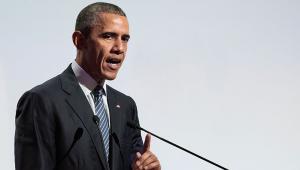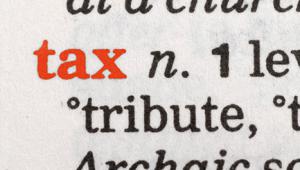The commission said the package included legally-binding measures to block the most common tax avoidance approaches used by companies and would hamper aggressive tax planning, boost transparency and ensure fair competition in the single market.
“Billions of tax euros are lost every year for tax avoidance – money that could be used for public services or to boost jobs and growth,” said Pierre Moscovici, commissioner for economic and fiscal affairs, taxation and customs.
“Europeans and businesses that play fair end up paying higher taxes as a result. This is unacceptable and we are acting to tackle it. Today we are taking a major step towards creating a level-playing field for our businesses, for fair and effective taxation for all Europeans.”
In line with the OECD’s BEPS project, which was endorsed by the G20 in November last year and aims to reform the international tax system, the commission’s proposals aim to ensure multinational companies pay their taxes where they make their profits.
This will include legally-binding measures to tackle the most prevalent tax avoidance schemes, recommendations for member states on how to prevent tax treaty abuse, proposals for the exchange of tax-related information and a new EU process for listing third countries that refuse to play fair.
The package will now be submitted to the European Parliament for consultation and to the European Council for adoption. Europe’s parliamentarians are likely to back the proposals, having already voted in favour of other recommendations in parliament. MEPs have also indicated they would opt for taking a firm hand against those who facilitate companies getting off lightly on their tax bills.
The commission has been cracking down on member state’s harmful tax practices, declaring tax deals made by Belgium, Luxembourg and the Netherlands as illegal state aid and pursuing on-going investigations into agreements made with companies like McDonalds. Margaret Vestager, the EU commissioner for competition policy, has also indicated there is a possibility the commission will investigate the UK’s controversial deal with Google.













